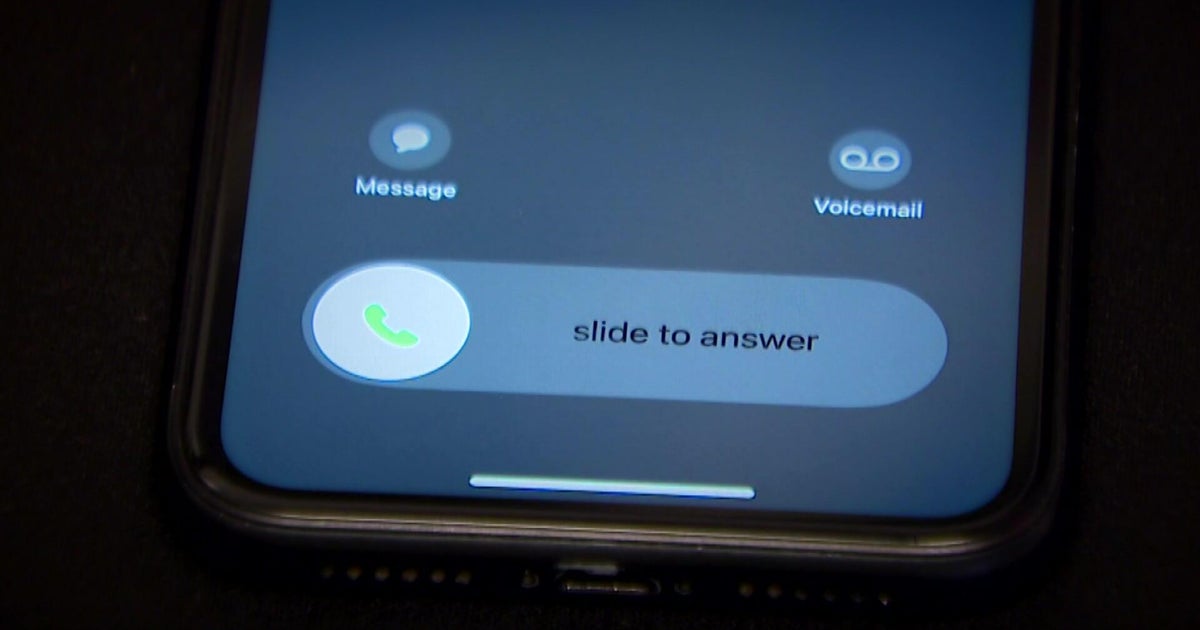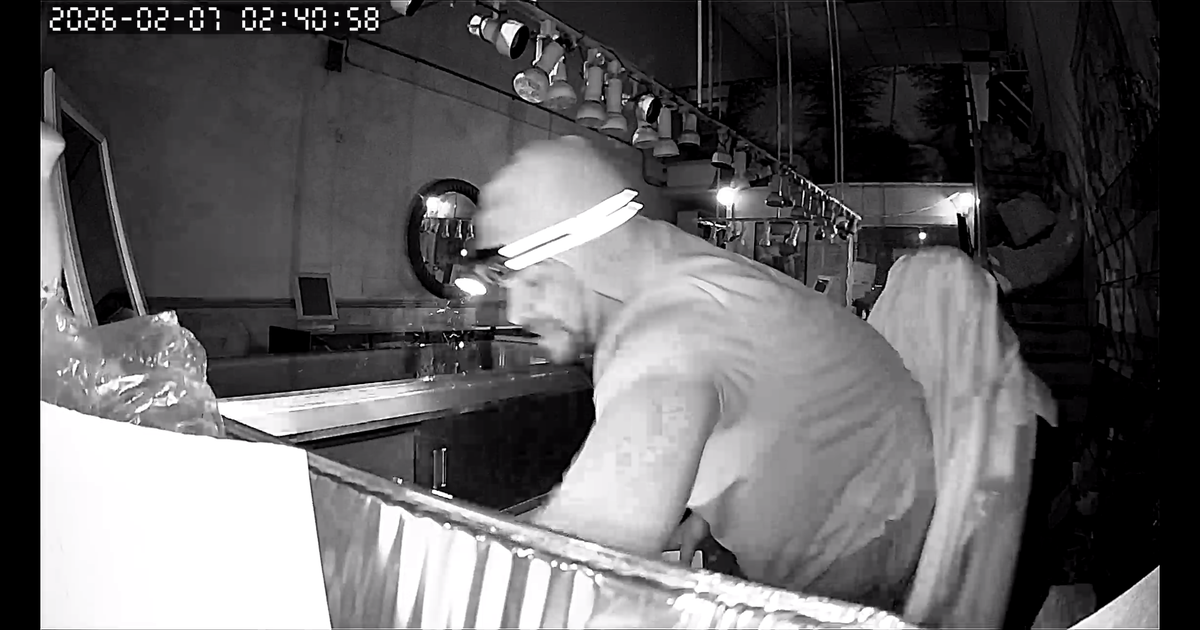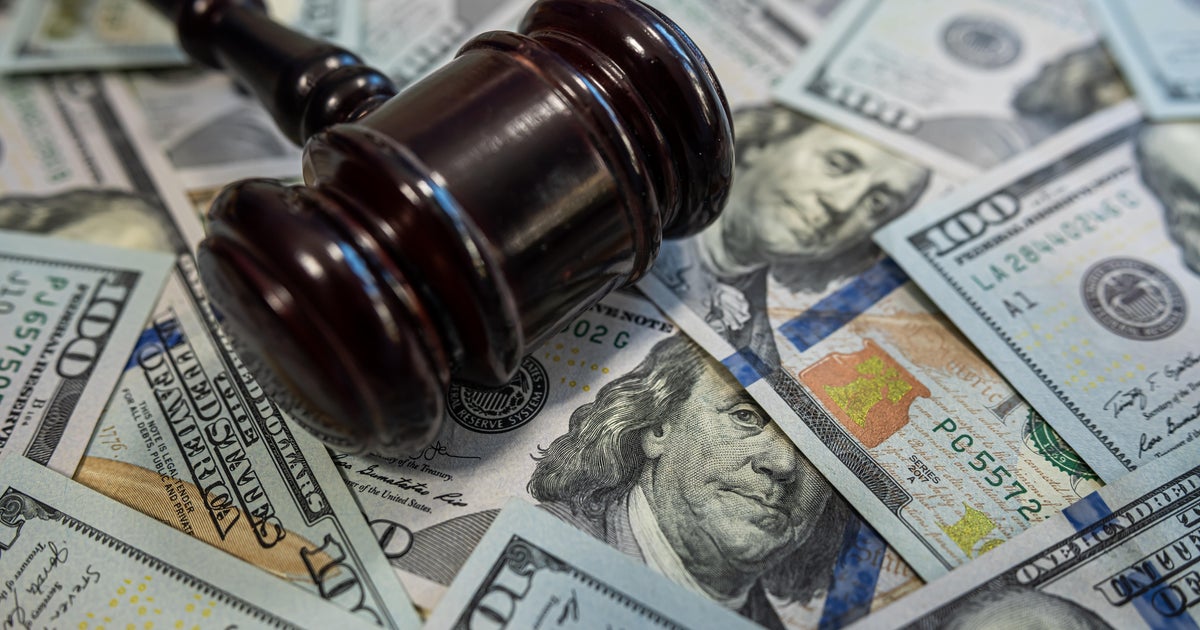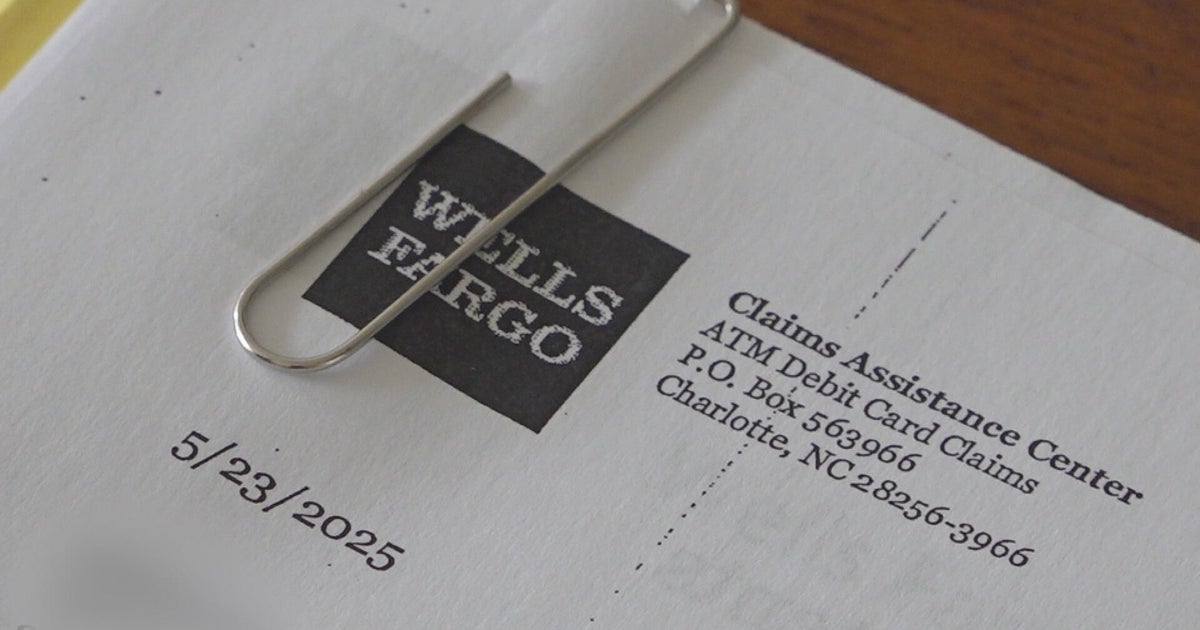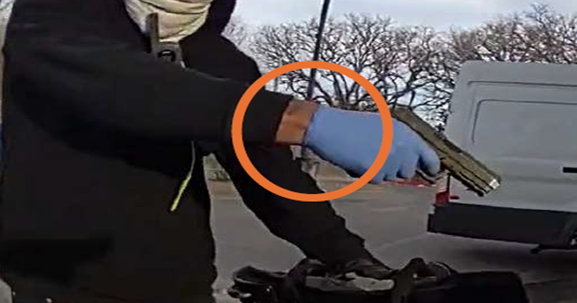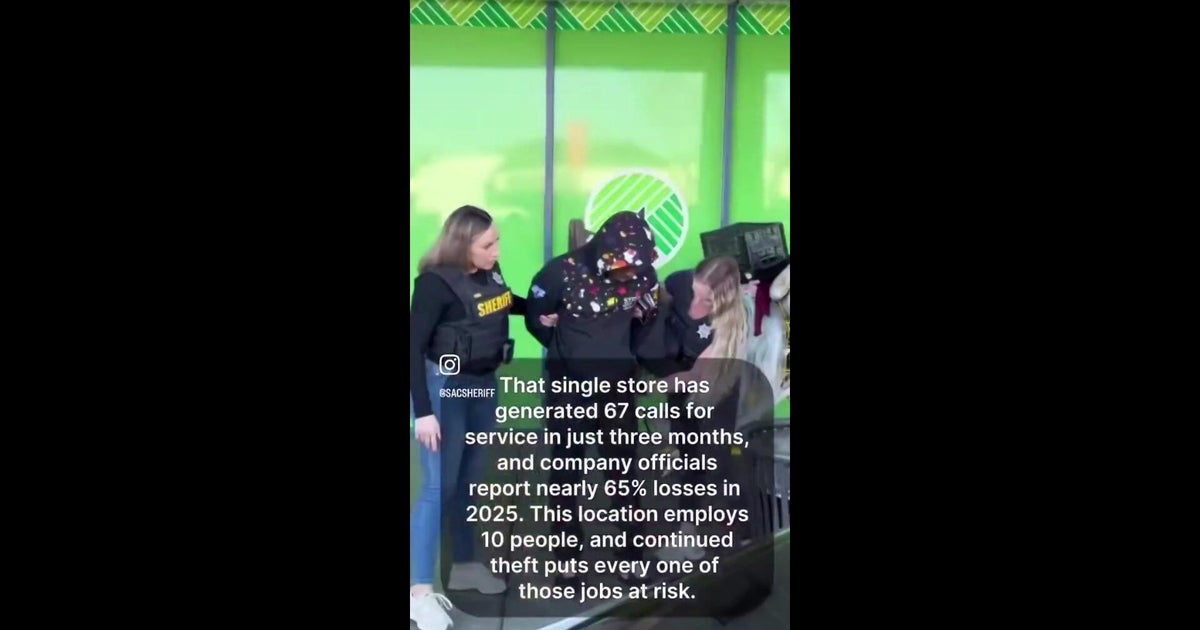Phishing Scams And How To Avoid Them
BOSTON (CBS) - This is National Consumers Protection Week. This is a national campaign to help consumers avoid being scammed. Billions of dollars are lost each year to scammers.
Turn on your computer or answer your phone and the scams find you. This year I thought we would use the Better Business Bureau's top list.
Chances are that if you own a phone or computer, an attempt to steal your identify has been made by scammers.
The political scam that was reported most often to the BBB involved scammers convincing people that President Obama wanted to pay their utility bill.
Once convinced, the victims were sent to an official looking website to register their personal information including banking information, which was later used to steal their identity.
It is important to remember that it only takes a little personal information to give an identity thief what they need to steal your identity.
The scammers go phishing for their victims. They call and ask for information or send out a blanket e-mail that looks very official from a business or financial institution you may do business with stating there is a problem with your account.
They then ask you to log in and ask you to update your account information. They are hoping to trap a few victims into sending personal information. And they do!
Avoid getting hooked in a phishing scam -
- If someone calls with an offer so good it doesn't seem it could be true, it's not!
- Do not open suspicious emails. Look for misspellings, awkward requests or inconsistent grammar.
- Never give out personal information on the phone to anyone that calls you. Never!
- Never give out personal information in an e-mail requesting your information.
- Use spam filters to block suspicious emails.
- Never type sensitive/personal information, such as social security and/or driver's license numbers or account numbers and/or passwords, in a reply email.
- A website link included in an email can make getting to a website easy, but it can also be used to send you to a malicious website.
- If you have doubts about the authenticity of an email, do not click on any links in the email – instead, type the website or web page address into the 'address bar' of your browser.
- Use anti-virus and anti-malware software to automatically detect and eliminate malicious software.
- The best practice when you find a phishing email is to either immediately delete it or report it to the company or organization being impersonated.
If you do get an e-mail that is phishing or spam, forward it to the FTC at spam@uce.gov . They are trying to catch the bad guys! Or make a complaint to the Better Business Bureau.
One more thing: And then there is all of the other junk mail. Here the spammers have figured out how to send out blanket e-mails in hopes of getting a few victims to buy their Viagra pills, green tea or colon cleansing drinks. If they slip by your spam filters just delete them. There is a reason they are called junk mail!
.................
You can hear Dee Lee's expert financial advice on WBZ NewsRadio 1030 each weekday at 1:55 p.m., 3:55 p.m., and 7:55 p.m.
Subscribe to Dee's Money Matters newsletter here.
